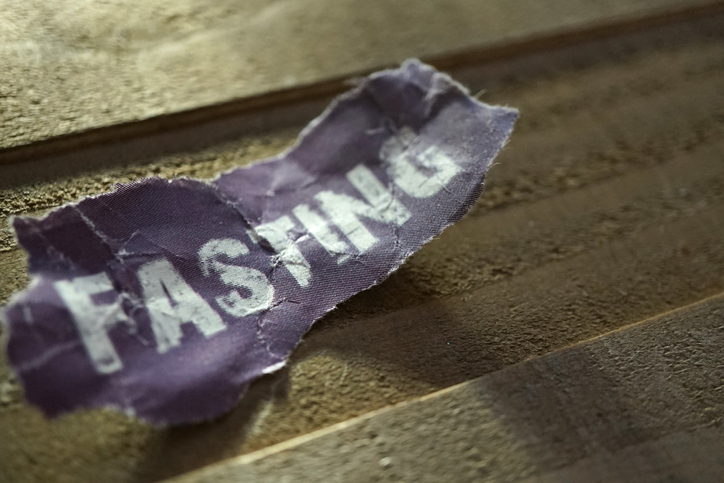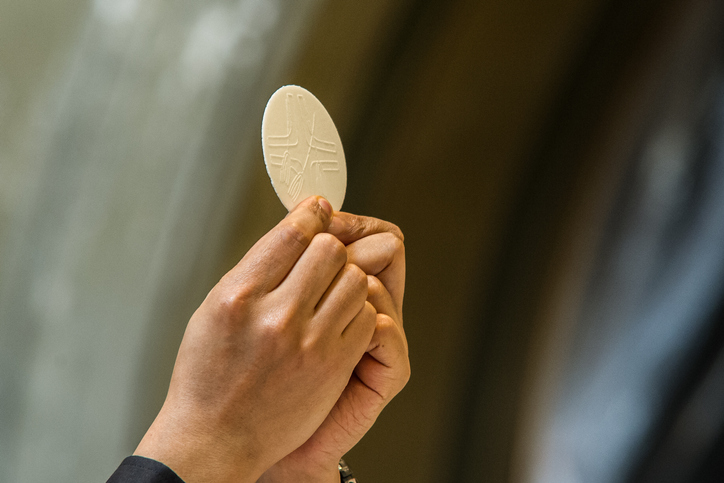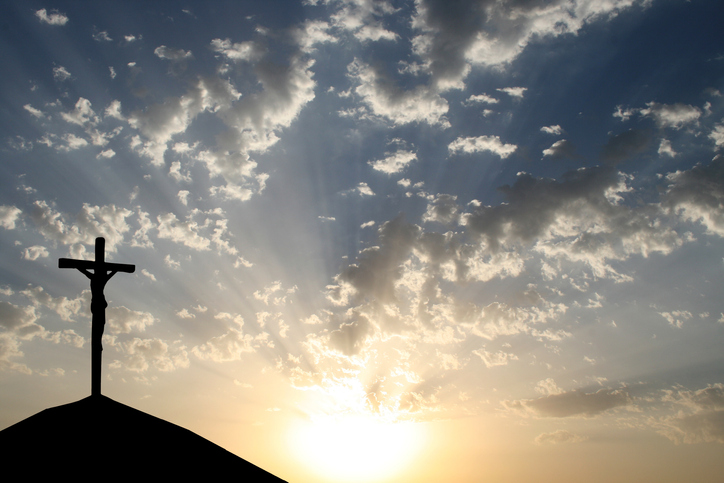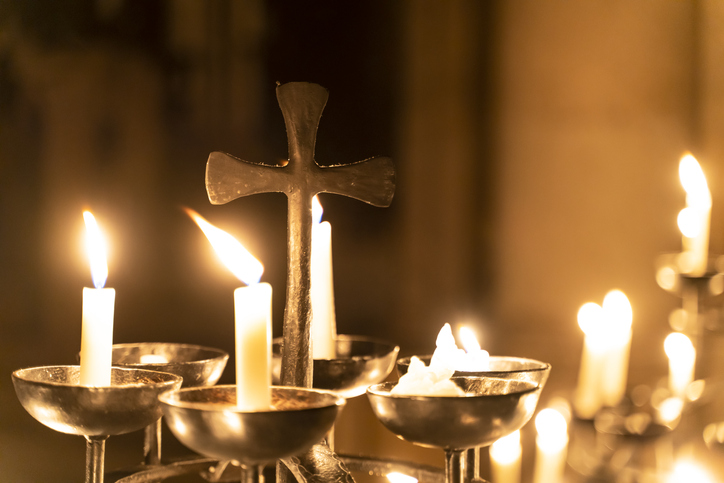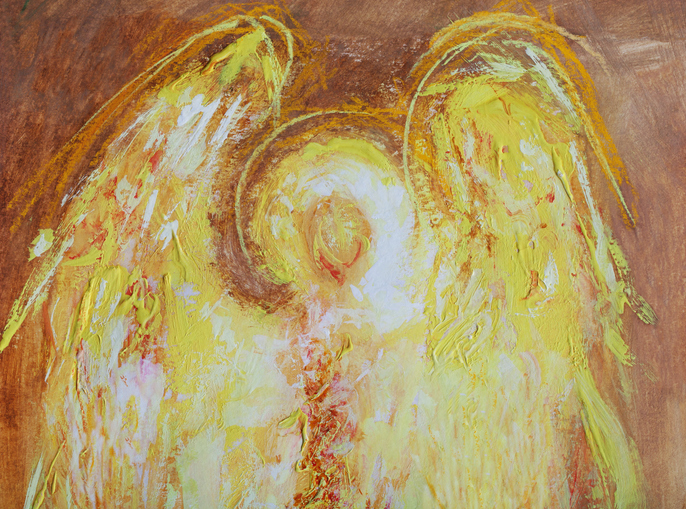Today, we hear three different readings, all touching on the drama of salvation. I say drama because it truly can be read as a drama, and as any actor will tell you, it’s important to enter into the drama to know your place in it and how you are to act.
First, we hear how Adam and Eve fell in the garden after being given everything. Their ultimate sin was not so much eating the fruit, as it was not believing that God wanted what was best for them. They doubted God’s love and put trust in themselves, putting themselves in place of God. Second, we hear of Christ coming and saving us all, dying for our sins so we can gain back eternal life. Third, we hear about how Jesus himself was tempted in the desert and used scripture to ward off the temptation of the devil.
I want to focus mainly on the fact that Adam and Eve distrusted God and that Jesus fasted and prayed. These two things contrast quite heavily. Adam and Eve essentially start to believe that they don’t need God, that they can do better themselves, that God is holding out. In contrast, Jesus, the Son of God, knows the importance of prayer and fasting and gives us the perfect example.
So why does Jesus ask us to fast and pray during this time and even give us an example of it? It’s because fasting allows us to see that we rely on God. When we give up more and more things in our life, we start to realize how dependant we actually are on our loving God and how much he truly cares and will provide.
When we fast and pray, we are able to die to ourselves a little and enter deeper into a relationship with our loving God. This makes fasting something beautiful, not just a chore we have to do as Catholics. The more we deny ourselves, the deeper we rely on the love of God, and he is always there to provide. As we enter into the First Sunday of Lent together, I challenge us all to take the fasting seriously this Lent and allow ourselves to lean a little more on our loving Father. God Bless!

Tommy Shultz is Director of Marketing for Ablaze ministries as well as Director of Evangelization for the North Allegan Catholic Collaborative. In these roles he is committed to bringing all those he meets into a deeper relationship with Christ. Tommy has a heart and a flair for inspiring people to live their faith every day. He has worked in various youth ministry, adult ministry, and diocesan roles. He has been a featured speaker at retreats and events across the country. His mission and drive have been especially inspired by St. John Paul II’s teachings. Tommy is blessed to be able to learn from the numerous parishes he visits and pass that experience on in his presentations. Contact him at tshultz@diocesan.com.
